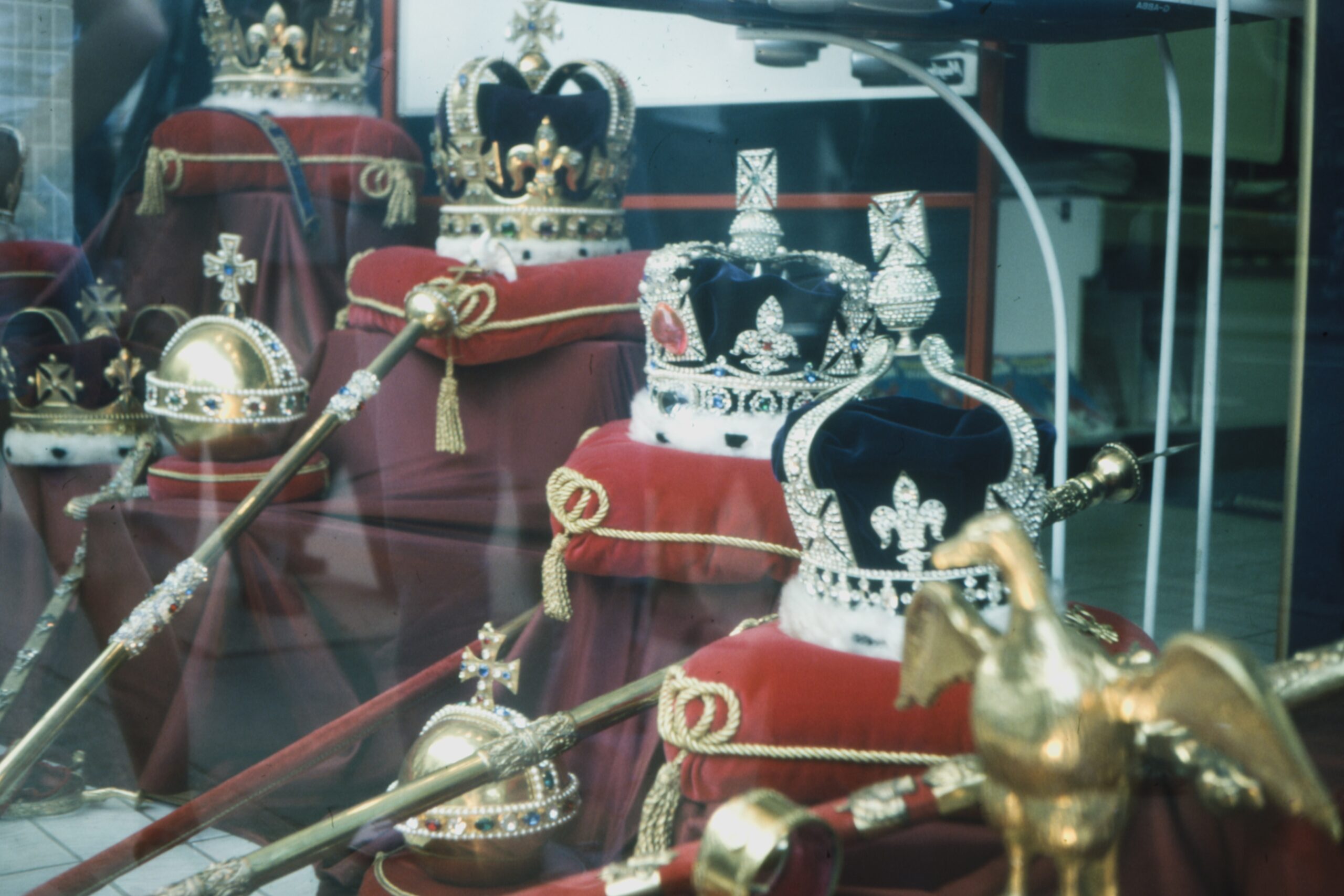The Hottest Take of 1793
The day Queen Elizabeth died, everyone I knew started streaming The Queen is Dead. My friends’ jubilation at the death of the Queen was part of a broader revaluation of her legacy. This revaluation was not happening in established anglophone media. No one expected British or Canadian news to produce anything other than a hagiography of the queen. In the United States, The New York Times recently published an article detailing how the fascist Prime Minister of Italy, Giorgia Meloni, wears Armani; you can imagine the tone of coverage around the Queen’s death.
The public revaluation of the Monarchy’s legacy after the Queen’s death was the latest instance of a broader rejection of colonial institutions. This critique has roots in activist academia, but it was best applied to the Monarchy by Barbados when they removed Queen Elizabeth as head of state. Discussing the Queen’s involvement and complicity in colonialism is important, but it’s not what I intend to do here.
In discussions of the monarchy, even among ostensible progressives, something tends to get lost. Everyone agrees in the abstract that hereditary feudal privilege is antidemocratic; but when it comes to talking about the Queen, excuses are made for why she was different. Certainly, very few people believe that the existence of the monarchy reflects poorly on British democracy. Somehow, both the British public and external observers have convinced themselves that democracy is completely unaffected by the existence of said antidemocratic privilege. I’m going to outline why this is, academically speaking, utter horseshit, and then I’m going to show why the most common response to this argument is divorced from reality.
“Democratic values” is a jargon term in democratic theory that means “things you need for your democracy to work properly.” While most democratic theorists think that democracy means more than just free and fair elections, even taking this “thin” definition of democracy implies some other commitments. For example, it would be wrong to call an election “free and fair” if no information about the candidates were available beforehand. So transparency in elections is a democratic value.
A more substantive democratic value is social equality. Inequality is fundamentally corrosive to democracy; firstly, because it creates a class of people who have greater influence over politics than others (when was the last time you paid for a lobbyist?). Secondly, because inequality gives one group greater influence over the lives of others, which necessarily influences their behaviour. And thirdly, because large social inequalities represent a failure of democratic accountability in the economy. It goes almost without saying that social equality is essentially impossible if a small group of people are elevated over all others at birth. The monarchy is a small group that is elevated over all others at birth; both due to their position in a cultural hierarchy, and because they possess an extremely large amount of private wealth, land, and capital. Anyone who claims to support both democracy and the monarchy is speaking out of both sides of their mouth.
A common objection to this sort of argument is that it’s too abstract. Objectors may agree that social inequality is a problem, or even dislike the Monarchy, but they argue that this critique doesn’t identify any concrete ways in which the Royals actually have influence over the democratic process. The Queen was famously tight-lipped about politics, and there seems to be no evidence that she had a substantive impact on the day-in, day-out workings of democracy; or at least, no more impact than any other thought-leader.
The notion that the Queen did not substantively influence politics is completely false. In fact, the Queen used a legal process called Queen’s consent to change the text of over 1,000 bills going
through parliament during her time as Monarch. A Guardian investigation found that the Royals routinely used Queen’s consent to influence the text of bills as they were being made, in particular bills that would adversely impact their fortune. The Queen, for example, cannot be prosecuted for a hate crime.
A rejoinder is that this is some kind of quirk of legal process, a loophole that can be closed. That is also a mistake. In fact, there are a number of times in which parliaments have wished to contravene the Queen’s consent, but have been unable to, because doing so would provoke a constitutional crisis; further jeopardizing both the bill and the government. “Quirks of legal process” like Queen’s consent are entrenched and difficult to change as a direct result of the monarchy’s influence.
The prospects for turning the Monarchy into a genuinely democratic institution are near zero, but there is an alternative. Britain could abolish the monarchy, and expropriate the Crown lands. Canadacould follow Barbados’s example by removing King Charles as its head of state. It was never Westminster who we should have followed for our democracy—it was la Place de la Révolution.
